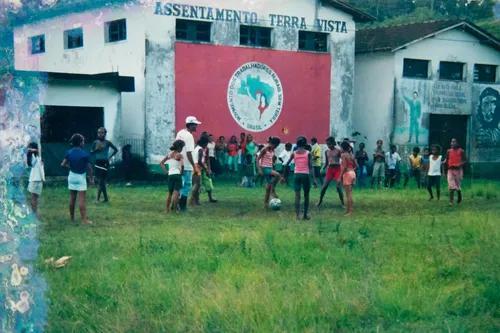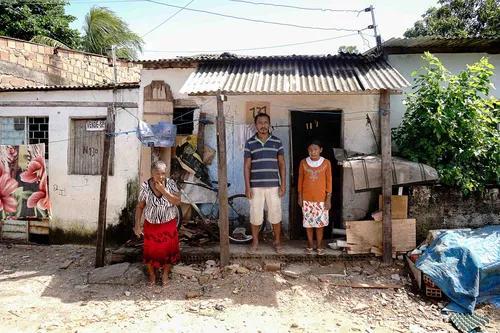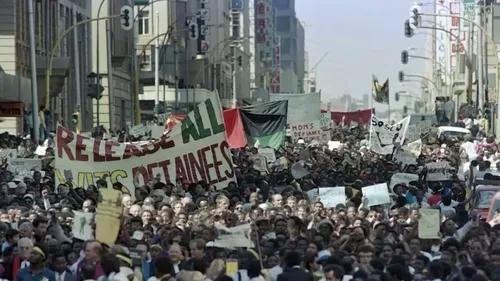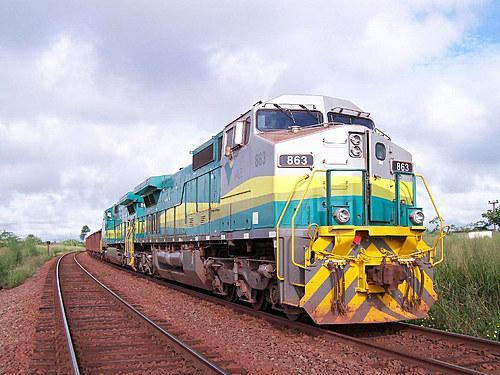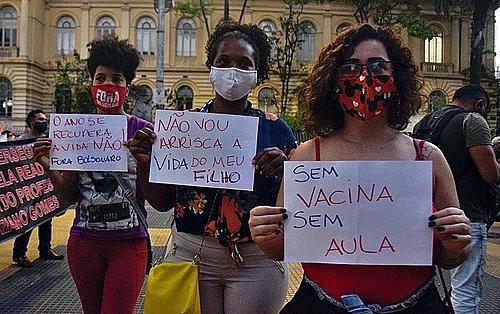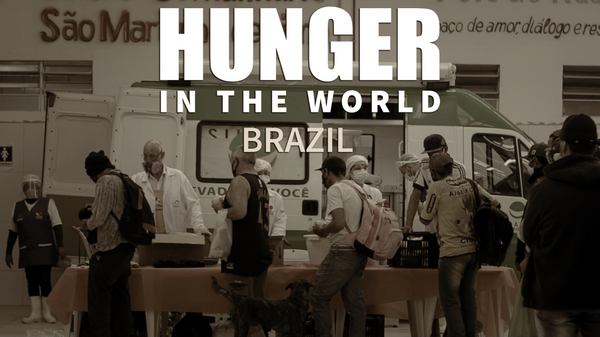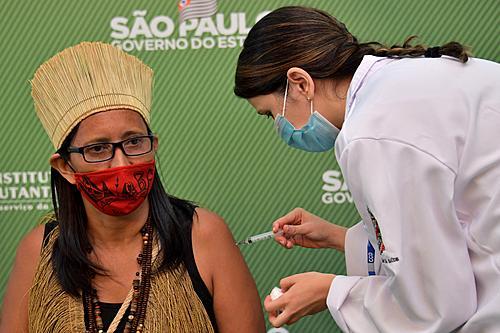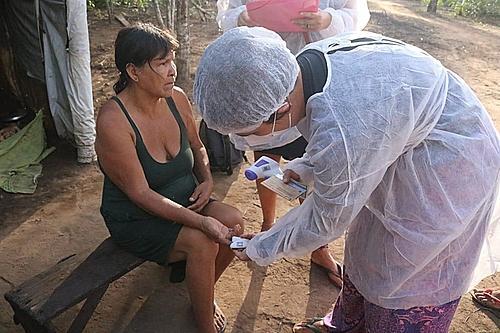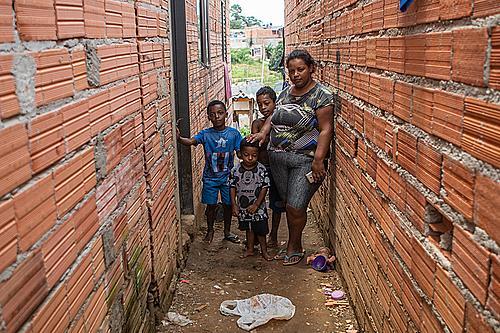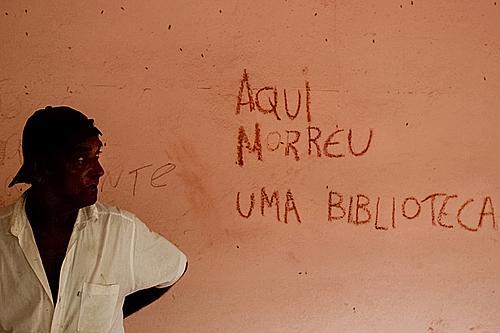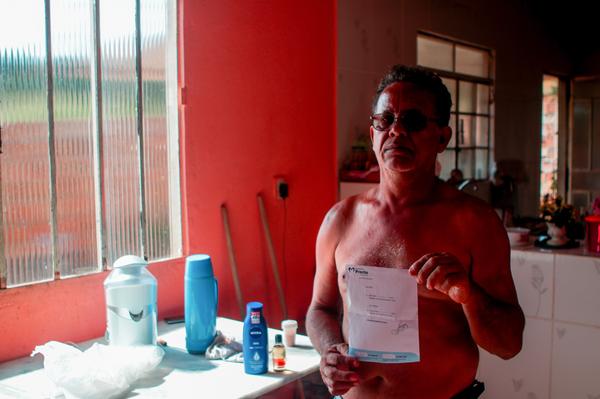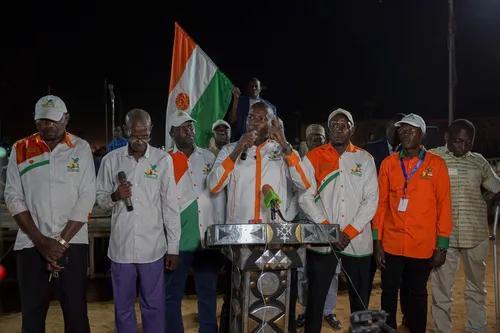
What's happening in Niger: inside the struggle for independence in the African country
"Homeland or death, we will win." This imposing sign stands in the Place de la Patrie, one of the cradles of the popular struggle against France in Niamey, the capital of Niger. Today, it serves as a meeting point where people gather, chat, and watch the movement on Boulevard Zarmaganda, home to the headquarters of the first popular committee supporting the Nigerien army.
